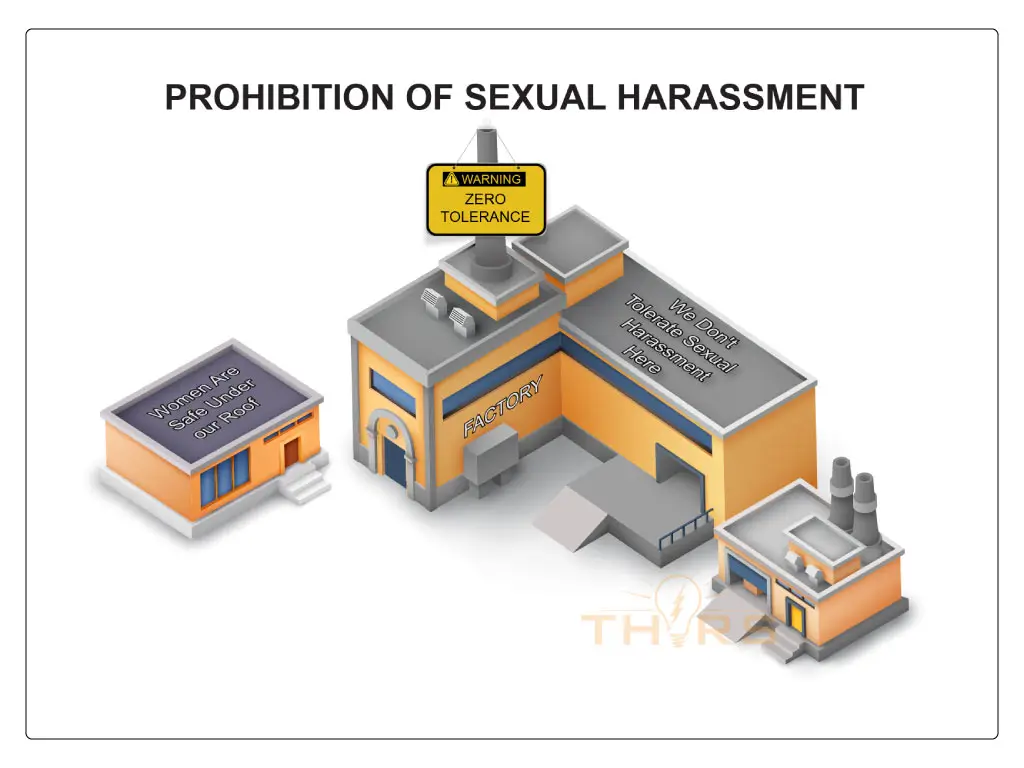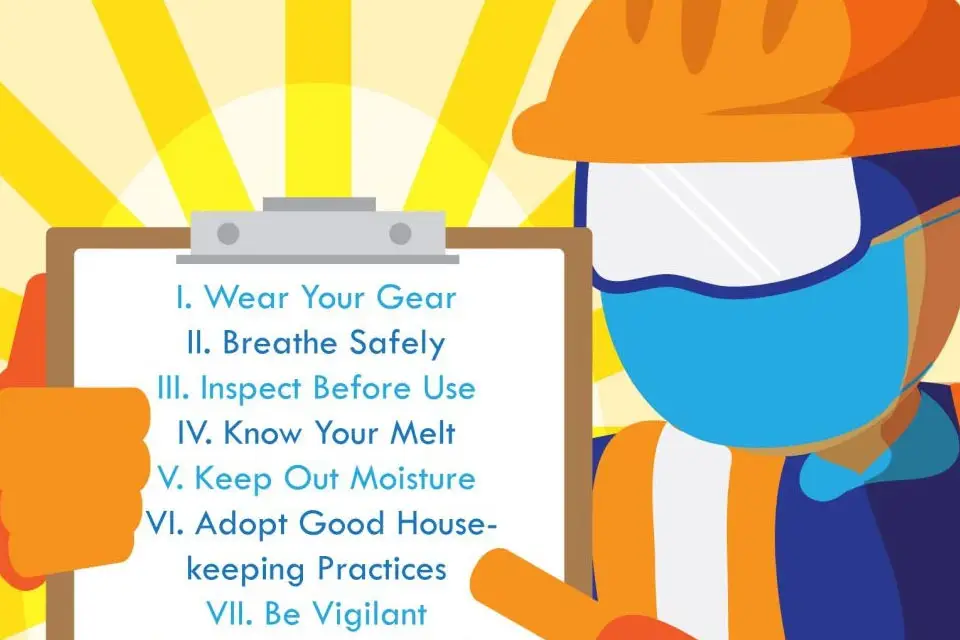A decade since the enactment of the Sexual Harassment (SH) Act in 2013 and the subsequent implementation of the Prevention of Sexual Harassment (POSH) policy has seen considerable progress, yet numerous challenges in implementing the POSH policy continue to persist. Despite the policy’s aim to create a safer workplace, many organizations still struggle with effectively embedding it into their corporate culture. One of the primary challenges in POSH policy is ensuring widespread awareness and understanding across all levels of the organization. Often, there is a lack of comprehensive training and education about what constitutes sexual harassment, leading to underreporting and mismanagement of cases.
What is the focus of the Sexual Harassment (SH) Act?
The SH Act focuses on establishing an Internal Committee (IC) in every workplace and a local committee in every district as a key feature to encourage women to report incidents of sexual harassment and create a safe working environment. However, it goes beyond the mere establishment of these committees and mandates that both ICs and local committees are adequately equipped to effectively address complaints.

What is the current state of affairs?
The Supreme Court has commented on an order issued on May 12, 2023, “It is disquieting to note that there are serious lapses in the enforcement of the Act even after such a long passage of time.” Recently, a survey conducted in the national sports federations for POSH policy compliance revealed that many sports bodies either lacked ICs or had ill-equipped ICs without an external member. This situation has highlighted an unfortunate condition in all of the state representatives, private companies, organizations, and institutions. This negligence is alarming because these are the individuals entrusted with the responsibility of upholding and enforcing POSH policy with sincerity and dedication. Women have lost their trust in POSH policy and its process due to the promises on paper not aligning with reality. Consequently, many women hesitate to come forward and file complaints.

What is the Supreme Court’s decision to counteract this situation?
The Supreme Court feels that unless each workplace works to overcome the challenges in implementing POSH policy, work environments will continue to be hostile and indifferent to the safety of female employees. The policy has become a symbolic gesture lacking substance. Therefore, it is now more important than ever for every employer to ensure that each female employee is fully informed about the complaint mechanism, interim measures, consequences of sexual harassment, the outcomes of malicious complaints, and the responsibilities of the IC. The Supreme Court has entrusted the Union Government and the State Governments with the responsibility of effectively tackling the challenges in implementing POSH policy.

Directions issued by the Supreme Court to the Employers, the Union Government, and the State Governments:
- Every workspace is required to have an IC, and every district must establish a local committee with compositions adhering to the rules specified in the SH Act.
- The website of the company or organization must contain up-to-date information about all IC members, including their email addresses, contact numbers, complaint registration procedures, rules, regulations, and internal policies. This allows employees to refer to the relevant details whenever required.
- Statutory bodies of professionals, including doctors, lawyers, and similar professions, along with educational institutes, colleges, and training centers, are required to adhere to the two directions mentioned above.
- Training needs to be provided for IC members on how to handle complaints, conduct inquiries, and compile a comprehensive report of the entire process.
- The employer or statutory body should make the IC members actively participate in awareness programs and training workshops to bring them up to speed with the rules and regulations mentioned in the POSH policies.
- Annually, the National Legal Services Authority (NALSA) and the State Legal Services Authorities (SLSAs) must develop a framework for conducting workshops and organizing awareness programs. The goal is to sensitize authorities, management, employers, employees, and adolescent groups about the provisions of the SH Act.
The Union and State Governments have been directed to submit their affidavits within a span of eight weeks to provide updates on compliance with the above directions and a few more stated in the Supreme Court’s directions issued on May 12, 2023.
Do you have concerns about providing training for your employees on the features of the SH Act and ensuring they are aware of the rules and regulations? The THORS course on Prevention of Sexual Harassment (POSH) in the Workplace is an excellent option to consider for training your employees and gaining a better understanding of implementing the Supreme Court’s directions. Supporting POSH Policy is not just about complying with the law to avoid trouble; it’s about participating in a bigger vision of empowering women by creating a more inclusive workplace for them.

Challenges in Implementing the POSH Policy Still Abound
In conclusion, the Supreme Court’s directions highlight the critical need for robust implementation of POSH policies in every workplace. Despite the challenges in implementing POSH policy effectively, it is imperative that organizations commit to creating a safe and inclusive environment for all employees. Understanding the nuances of the SH Act and the practical aspects of setting up and maintaining effective Internal Committees is vital.
For organizations looking to deepen their understanding and ensure compliance with these directives, THORS offers a comprehensive course on the Prevention of Sexual Harassment (POSH) in the Workplace. This course provides essential knowledge and practical guidelines to help your organization navigate the complexities of POSH policy implementation.
Don’t leave compliance to chance. Visit THORS POSH Course to enroll in our course and empower your team with the right tools and knowledge to create a safer, more respectful workplace for everyone.
Check out our other blogs on “What is the Impact of False Sexual Harassment Accusations?” and “Impact of POSH Policy on Sexual Harassment in the Workplace“. They’re both worth a read!



